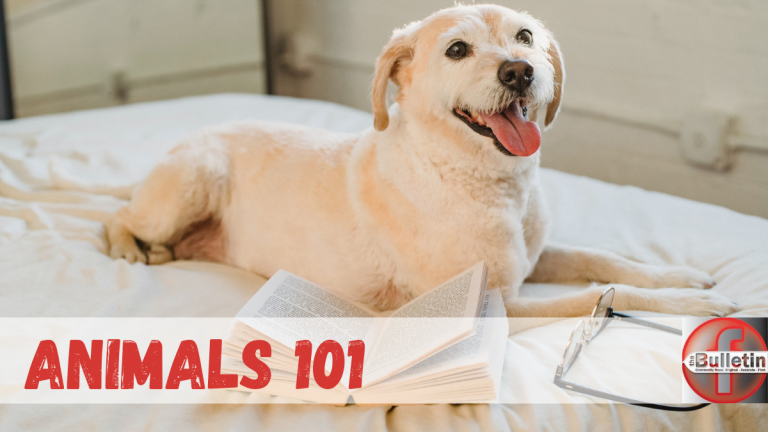
THE REALITY IS THAT A LIFE IN CAPTIVITY IS A WORLD AWAY FROM A LIFE IN THE WILD AND SUFFERING IS INEVITABLE IN CAPTIVITY.
Last week, in PART 1 we looked at the recent tragedy of Sheba the tigress who was shot and killed and the problem with the wild/exotic trade industry. Another young tiger was out roaming the streets in Edenvale area this week which is infuriating to us in animal welfare!
“The practice of importing and exporting wild animals as pets is a multi-billion-dollar industry and has been happening for decades. Much of the trade is driven by purely whimsical impulse purchases and for prestigious reasons.”- NSPCA
This week we dive into the specific reasons why it is cruel to keep these animals in captivity.
WILD ANIMALS BELONG IN THE WILD
We have domesticated cats and dogs for thousands of years and adapted them to live alongside humans, but wild animals are born to be wild. Many species lead intricate lives with extensive social dynamics. The natural behaviours they exhibit in the wild simply cannot be replicated in a captive environment and most environments in captivity are simply inadequate for them.
Snakes for example are often kept in tanks so small that they are unable to stretch out their body. Parrots, who live in flocks in the wild, are often kept alone in small cages, unable to spread their wings, never mind actually flying! Monkeys are kept alone and with diapers because they soil the house. This is no life for any exotic/wild animal.
EXOTIC ANIMALS ARE TAKEN FROM THE WILD IN CRUEL MANNERS
The journey for an animal in the exotic pet trade is cruel and often deadly. Many animals start their lives in the wild before being abruptly and cruelly ripped from their home and their family to become a pet. The tactics used to capture these wild animals are inhumane and it threatens their populations with fewer remaining in the wild.
The NSPCA writes that “while some wild pets have been bred in captivity, many exotic animals are plucked directly from their native habitats. The animals kept in captivity represent only the tip of the iceberg in terms of what is killed in the catching and transportation process. These animals are often smuggled illegally in horrific conditions and those that survive often suffer a variety of illnesses or injuries due to being kept incorrectly by ignorant owners.”
These animals suffer long journeys, in cramped containers/enclosures before they reach the buyer’s homes. Many will die of suffocation, starvation, or disease before they reach their destination. Sadly, as many as four out of five animals caught in the illegal wildlife trade will die in transit, or within a year in captivity according to some concerning statistics.
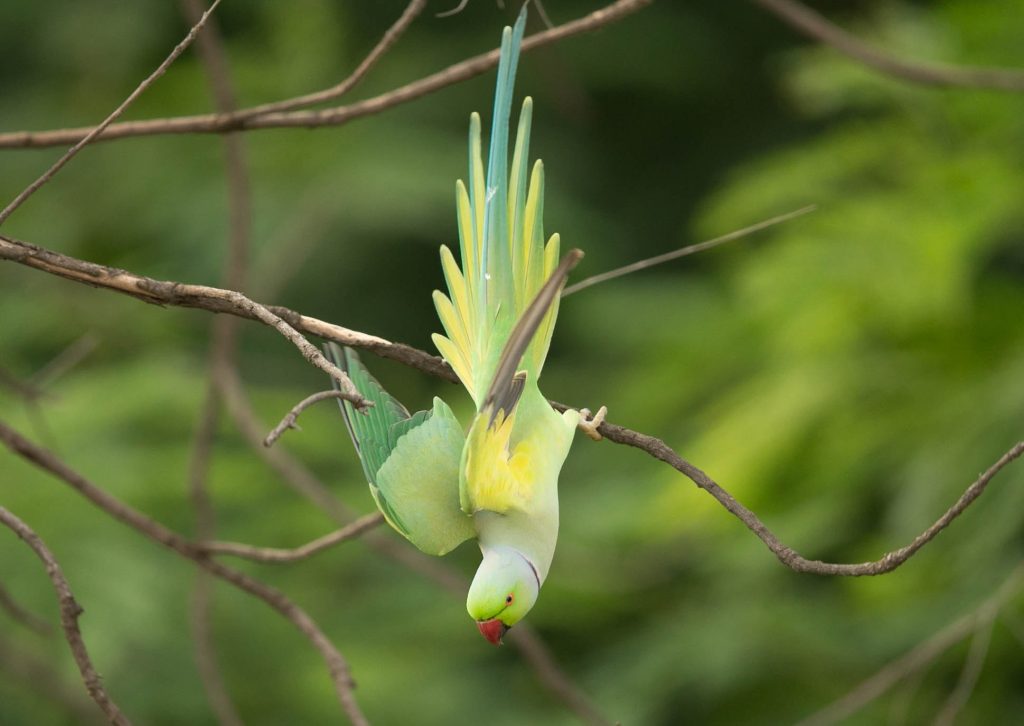
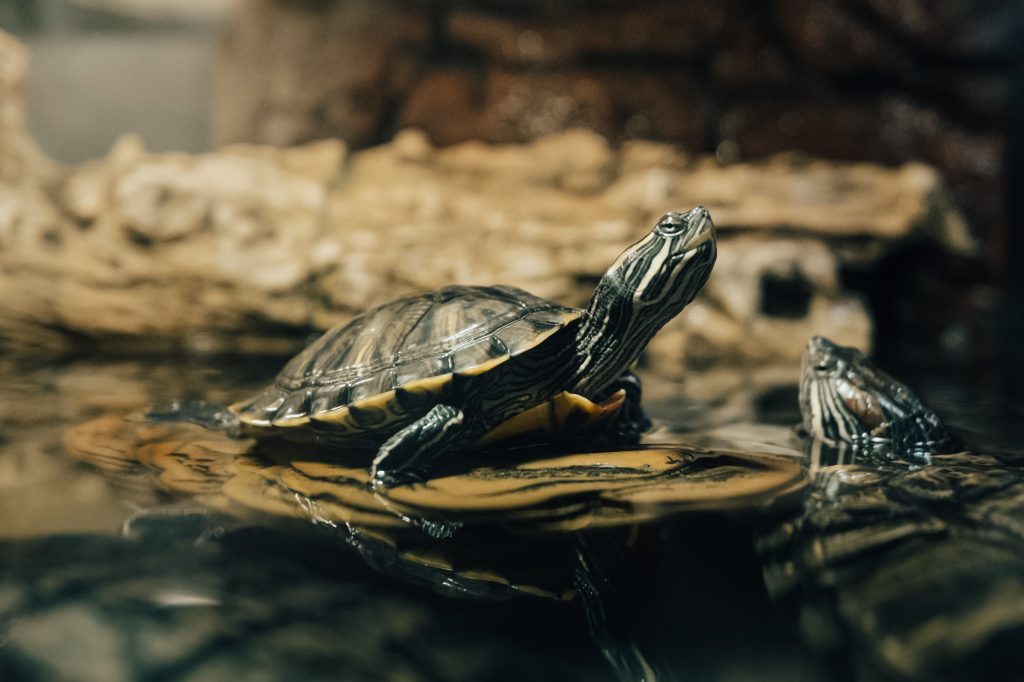
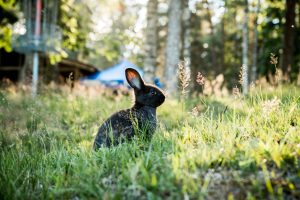
BREEDING IS NOT REALLY A “HUMANE” ALTERNATIVE
Even while captive breeding is often suggested as a humane alternative to wild capture, it still leads to immense suffering. Exotic animals in captivity are bred intensively to supply the demand or create colour morphs that are sought after for their novelty value. Over and above the fact that wild animals belong in the wild, methods of breeding for selective traits that are attractive to the buyers can have a further negative impact on the animal’s physical and mental health. Those that are bred in captivity possess the same genetic traits as their wild counterpart, making them unsuitable for a life as a pet.
ALL THEIR NEEDS CAN’T BE MET IN CAPTIVITY
Many owners buy them because they love animals, but sadly a wild animal’s needs and natural behaviours cannot be met in our homes. They require special care, housing, diet, and maintenance that the average person cannot provide. They often lack adequate shelter, food, room to roam, species-appropriate enrichment and environment control to keep their body at the temperature it needs to be. When in the hands of private individuals, the animals suffer due to poor care. It limits the natural behaviour of an animal and places both their mental and physical well-being at risk.
In the wild, an African grey parrot can fly many kilometers a day to forage and interact with their large social network. Yet in captivity, they are usually kept alone in a cage, sold by most as an “African grey cage”, which is far from the right cage for them. This is extremely detrimental to their mental and physical health and they may resort to a form of self-mutilation called feather plucking where they rip out all of their feathers. It can also include other behaviour issues like depression, aggression and more. Some of these parrots easily reach ages of 60 years plus and statistics show that they may change homes 6 or 7 times in their life.
Individuals possessing exotic animals often attempt to change the nature of the animal rather than the nature of the care they provide. This may include keeping them in too small enclosures, chaining, beating them “into submission,” or even painful mutilations, such as declawing and tooth removal. Many bird owners clip their wings which I consider cruel when birds are meant to fly! Read more about wing clipping. These animals remain wild animals that do not take comfort from living in a household because you “needed” to have one. They are caged and denied the opportunity and ability to act out their natural behaviours in order to form part of “the family”.
If you do not have an exotic pet vet who specializes in that species in your town, then you further cannot meet the needs of this animal when there is an emergency. No, not all vets know how to treat exotic or wild animals. Some can’t even treat farm animals.
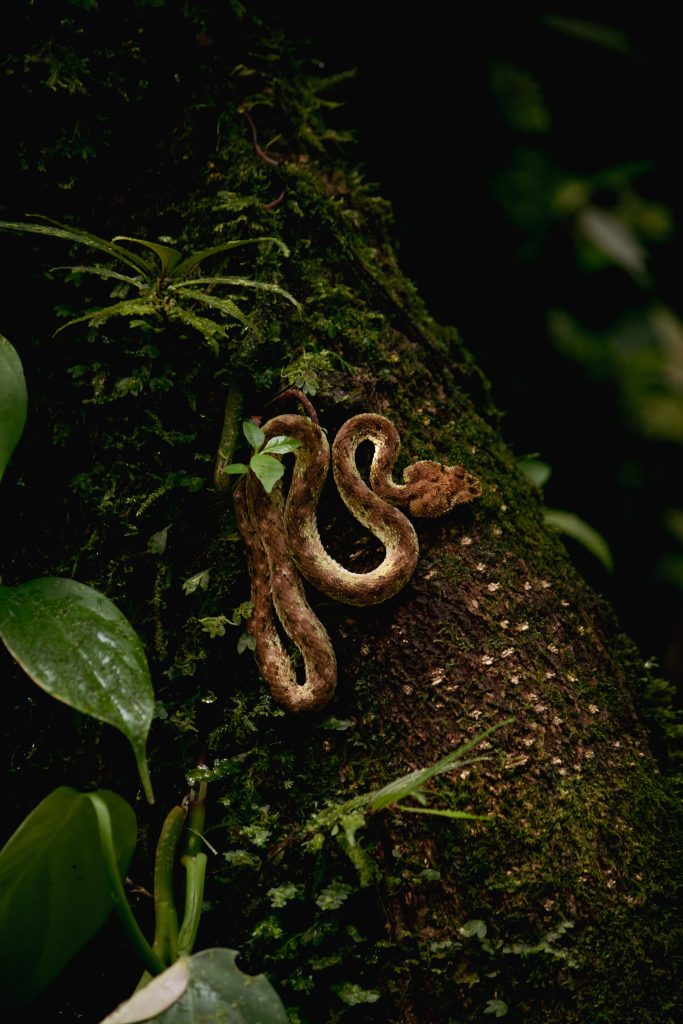
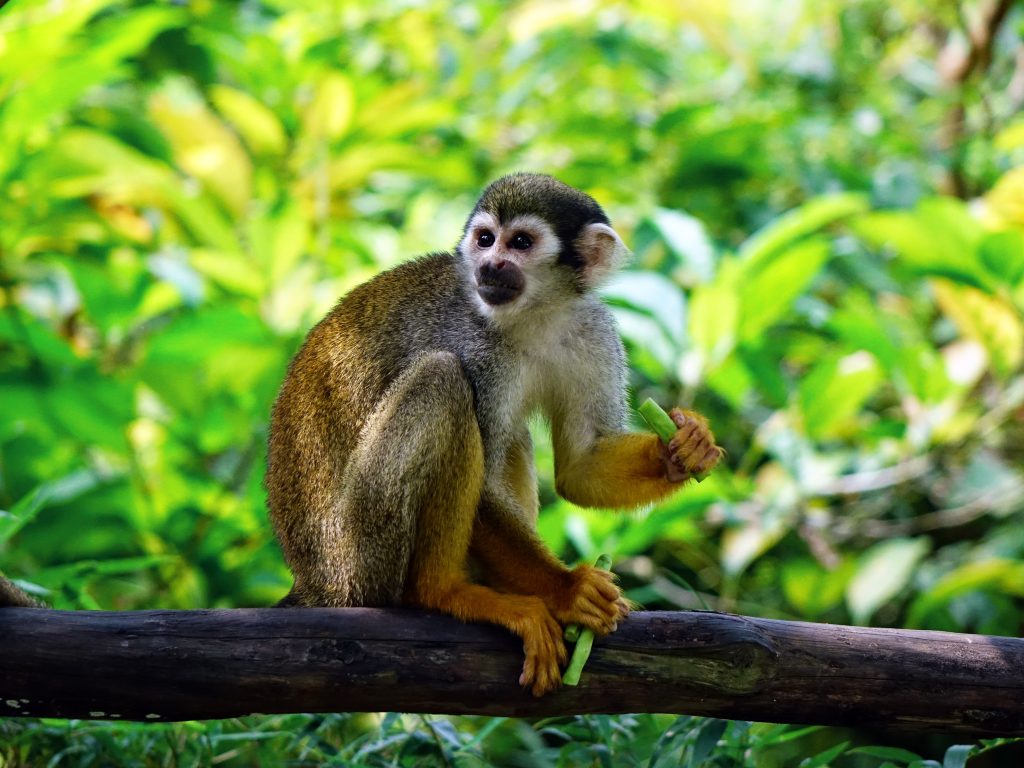
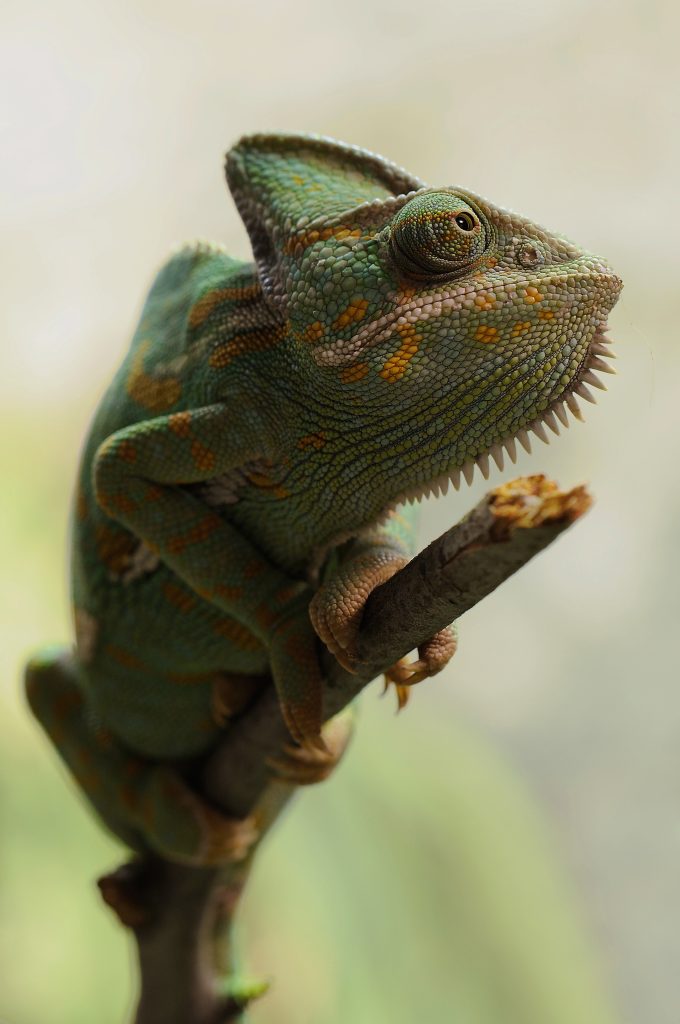
- SAFETY & ENVIRONMENTAL CONCERNS
Health – When keeping exotic pets, there is a public safety risks as well as human health and environmental risk. The owner and other people or animals can get sick or injured. Wild animals pose a risk to human health because they can carry zoonotic diseases (diseases that can be transmitted from animals to humans) that cause approximately a billion cases of human illness, and millions of deaths every year according to WHO.
The NSPCA writes that “reptiles and amphibians carry salmonella, and more than 74,000 cases of salmonella poisoning are linked to these pets each year in the United States alone. Exotic pets like monkeys and rodents often carry viruses like herpes B, monkeypox and rabies, all of which are highly infectious and potentially fatal to humans. Exotic venomous snakes need specific anti-venom which hospitals in South Africa do not have. Exotic venomous snakes have been found in the wild in South Africa. This is a huge threat.”
Dangers of exotic pets – Many species kept as exotic pets can be dangerous apart from potentially spreading harmful diseases. They retain their natural instincts and may be unpredictable while inflicting serious injury. Many exotic animals are territorial and require group interactions, so when isolated and their needs are not met, they can be ticking time bombs for attacks. When these attacks happen, this animal is usually killed.
By their very nature, exotic animals can be dangerous to the individuals who possess them and to others (human or animal), living in their community. Across the country, many incidents have been reported where exotic animals held in private hands attacked humans and other animals after escaping from their enclosures and freely roaming the community as in the case of Sheba. Children and adults have been mauled by tigers, bitten by monkeys, and asphyxiated by snakes to name a few.
I agree with the NSPCA and any sane person that although as babies these animals might be cute and easier to maintain, they usually grow into dangerous adults with unmanageable needs where life in a domestic environment rarely satisfies their natural desires. Additionally, as exotic animals grow, their needs for food and space increase, sometimes astronomically. When it gets to that stage, the once-loved pets often end up in cages where they are neglected or abused and it’s not unusual for exotic pets to be malnourished and stressed.
Environmental – “There’s also a wider issue of the global social and environmental responsibilities that we have to consider. Removing wild animals from their natural habitats negatively affects delicate ecosystems and biodiversity which rely on those species to further the life cycle of plants and keep animal populations in check. Habitat destruction and the trade in wild animals are the two largest threats to wild animals worldwide. Countries across the world are being systematically drained of wildlife to meet a booming demand for exotic pets and there’s rarely a happy ending for the animal. Nonindigenous, ‘invasive’ species are considered to be a major cause of global biodiversity loss, often impacting the local environment and causing a threat to native species. Unwanted exotic pets can end up back in the exotic pet trade but some are released into the wild where, if they survive, can disrupt our local ecosystem. In some cases, exotic pets released into the wild have established free-living populations that cause havoc among native wildlife.” – NSPCA
The saddest reality is that when these owners realize they can no longer care for an exotic pet, they usually dump them on an already overwhelmed animal welfare organization/sanctuary or even worse a zoo, just to relieve themselves of the responsibility. All these accredited institutions could not possibly take in the number of unwanted exotic animals. The consequence of this is that the majority of these animals are euthanized, abandoned, or doomed to live in terrible conditions.
HOW YOU CAN HELP
- Don’t buy or breed them.
- Educate your friends, family and the public about the topic.
- Volunteer at organizations that have to clean up the mess.
- Report neglect or cruelty. If you observe an exotic animal being abused, living in deplorable conditions, etc., report it to your nearest SPCA or the NSPCA.
- Sign petitions and join protests against the keeping of exotic/wild animals.
- Support legislation at all levels to prohibit private possession of exotic animals.
- Adoption if available is the only ethical option.
- Don’t share the “good sides”: a huge driver in the wildlife trade are the cute videos of exotic pets on social media – by sharing these, you are providing this cruel industry with free advertising. Call out the cruelty behind these cute videos!
- Do not support petting farms, wildlife interaction, animal rides, zoos, aquariums, or the circus with performing animals.
Remember, true sanctuaries do not offer human-animal interactions. If you have an exotic pet, please seek expert advice on how to properly care for them and never release them into the wild under any circumstances. If you can no longer take care of your exotic or wild animal as a pet, please surrender them to your nearest SPCA or reputable animal welfare organization.
Exotic animals, including lions, tigers, wolves, bears, reptiles, non-human primates, etc. belong in their natural habitats and not in the hands of private individuals as “pets.” When you buy an exotic or wild animal for whatever reason, you can end up with more than you bargained for with behaviour and hidden costs and these animals always pay the price! Help us stop this cruelty!
Next week we will look at pets and your will.
WHEN YOU KNOW BETTER, DO BETTER!